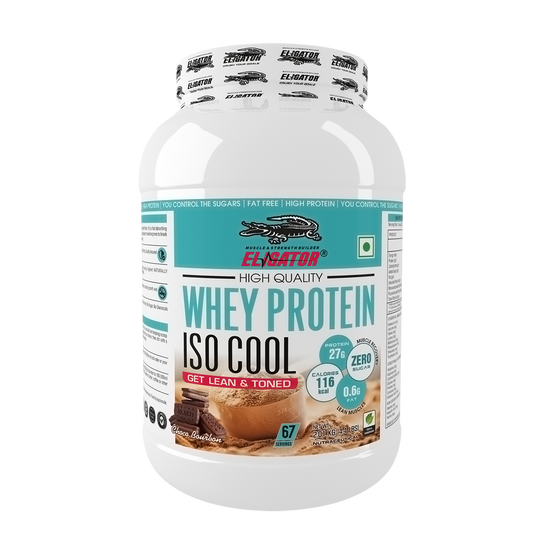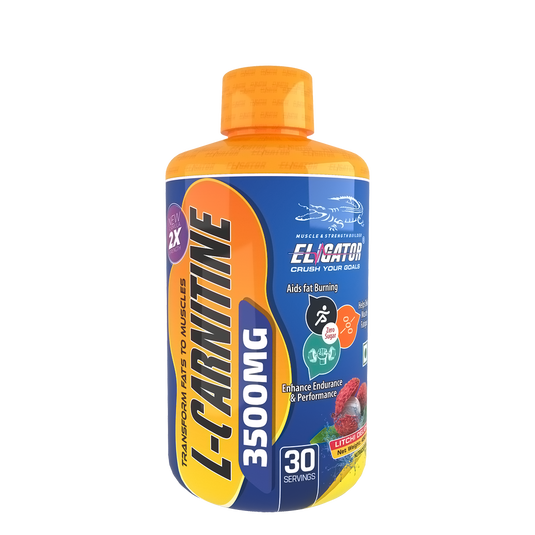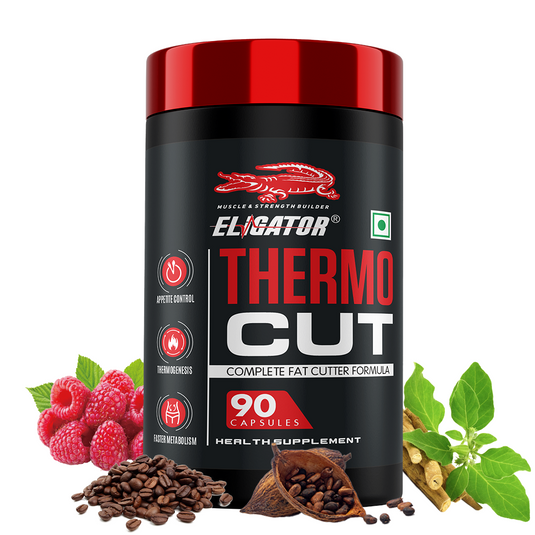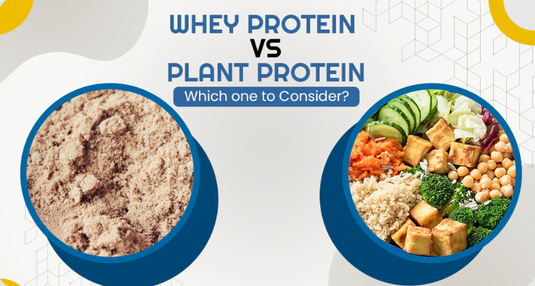Introduction
In the vibrant and ever-evolving world of nutrition, "superfoods" have emerged as the rock stars of the health-conscious community. With promises of unparalleled health benefits, these exotic ingredients often come with hefty price tags and grand claims. But is there truth to their touted superpowers, or are they just cleverly marketed products designed to capitalize on consumer trends? This blog delves deep into the world of superfoods, uncovering the truths, half-truths, and marketing tricks that may be at play.
The Rise of Superfoods
The term "superfood" is a marketing term, not a scientific one. It first gained traction in the early 2000s, coinciding with the rise of health and wellness trends. Foods like acai berries, chia seeds, quinoa, and spirulina quickly became household names, each associated with specific health benefits ranging from weight loss to cancer prevention. But what sparked this sudden interest in exotic ingredients?
The Power of Marketing
Marketing plays a crucial role in the popularity of superfoods. Companies invest heavily in creating an aura of exclusivity and necessity around these ingredients. For example, acai berries were marketed as a "miracle" fruit that could aid in weight loss, boost energy, and improve skin health. However, these claims often lack robust scientific backing.
Suspenseful Twist: Could it be that the health benefits of these exotic ingredients are not as miraculous as we are led to believe?
The Science Behind Superfoods
While some superfoods do have health benefits, the extent to which they are beneficial is often exaggerated. Let's take a closer look at a few popular superfoods:
Acai Berries
Acai berries are rich in antioxidants, particularly anthocyanins, which are known for their anti-inflammatory properties. However, studies have shown that while acai berries are healthy, their benefits are not significantly greater than those of more common fruits like blueberries or strawberries.
Chia Seeds
Chia seeds are high in fiber and omega-3 fatty acids, which can aid in digestion and heart health. However, the amount of omega-3s in chia seeds is relatively small compared to other sources like fish oil.
Quinoa
Quinoa is a complete protein, meaning it contains all nine essential amino acids. It's also high in fiber and minerals. However, the nutritional benefits of quinoa are comparable to other whole grains like brown rice or barley.
Suspenseful Twist: Are we paying a premium for these "superfoods" when more accessible and affordable options offer similar benefits?
The Dark Side of Superfoods
Beyond the marketing hype and exaggerated claims, there are darker aspects to the superfood industry that consumers should be aware of.
Environmental Impact
The high demand for superfoods can lead to environmental degradation. For example, the popularity of quinoa has led to over-farming in Bolivia and Peru, resulting in soil depletion and negative impacts on local communities. Similarly, the harvesting of acai berries has contributed to deforestation in the Amazon rainforest.
Ethical Concerns
The global demand for superfoods can also have ethical implications. Small-scale farmers in developing countries may not receive fair compensation for their products. Additionally, the emphasis on exporting these products can drive up local prices, making it difficult for local populations to afford their traditional foods.
Suspenseful Twist: Are our health-conscious choices harming the environment and exploiting communities?
The Role of Local Superfoods
While exotic superfoods often steal the spotlight, many locally available foods offer comparable health benefits. Let's explore some of these local heroes:
Turmeric
Turmeric, widely used in Indian cuisine, has powerful anti-inflammatory properties due to its active compound, curcumin. It's been used for centuries in traditional medicine and is supported by modern scientific research.
Flaxseeds
Flaxseeds are an excellent source of omega-3 fatty acids, fiber, and lignans, which have antioxidant properties. They can easily be incorporated into a variety of dishes.
Berries
Local berries such as strawberries, blueberries, and raspberries are rich in vitamins, minerals, and antioxidants. They provide similar benefits to exotic berries like acai without the environmental and ethical concerns.
Suspenseful Twist: Could the solution to our quest for health be found in our own backyards rather than distant lands?
Conclusion
While superfoods can be a healthy addition to your diet, it's essential to approach them with a critical eye. The marketing of these foods often overshadows their actual benefits, and there can be significant environmental and ethical costs associated with their production. By considering locally available alternatives, we can make more sustainable and equitable choices for our health and the planet.
Suspenseful Twist: As the curtain falls on the superfood saga, it's clear that the real superpowers lie not in the exotic, but in the everyday foods that nourish us just as effectively.




Receive the Blog via Email Daily
Please fill out the form below and we’ll get back to you within 24 hours.




















